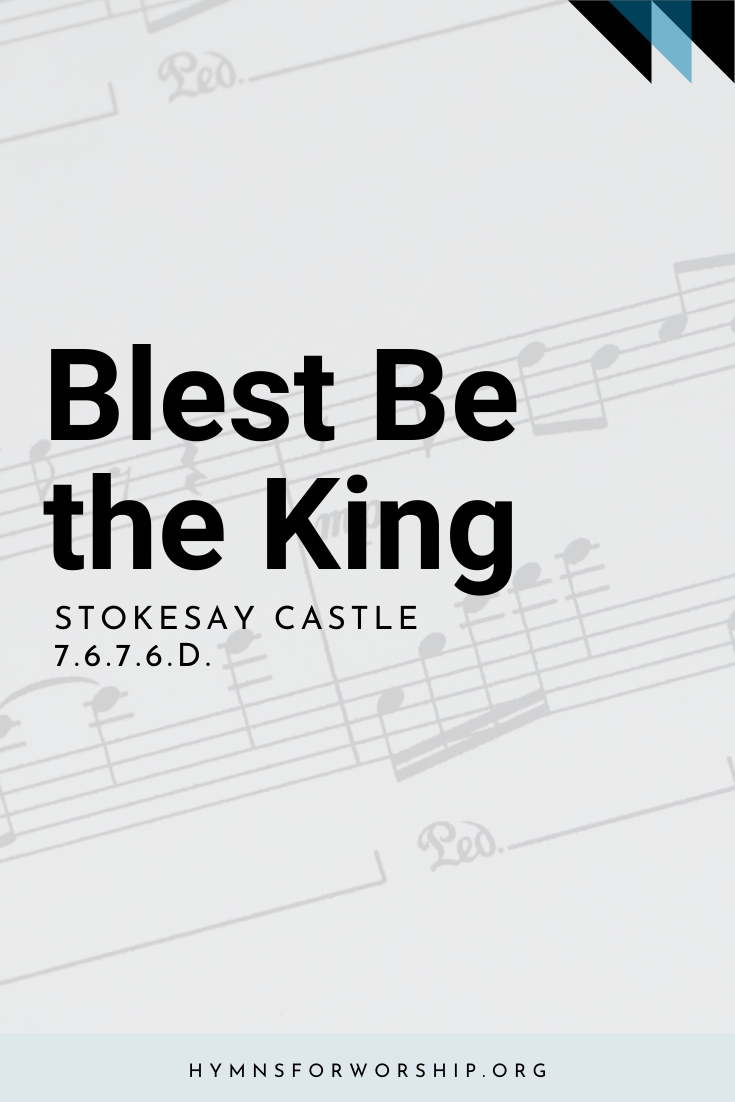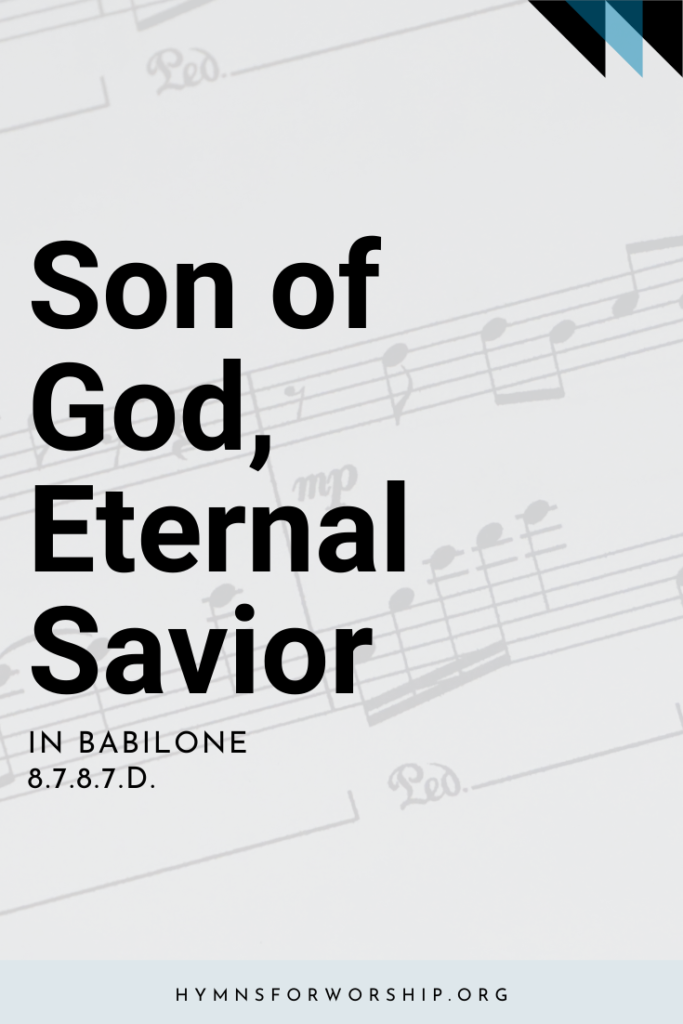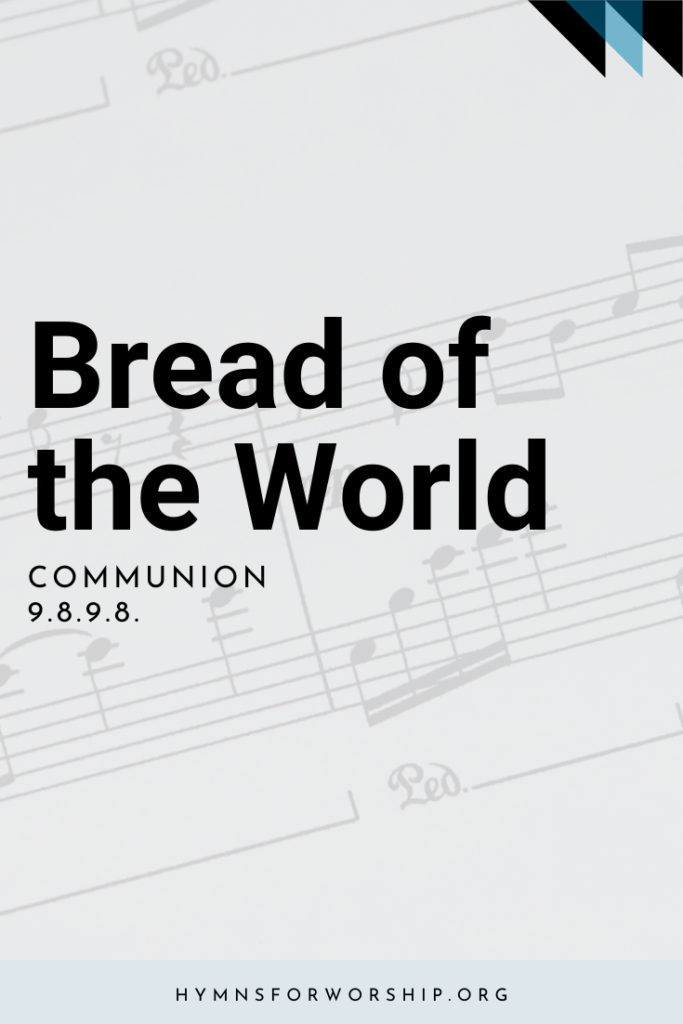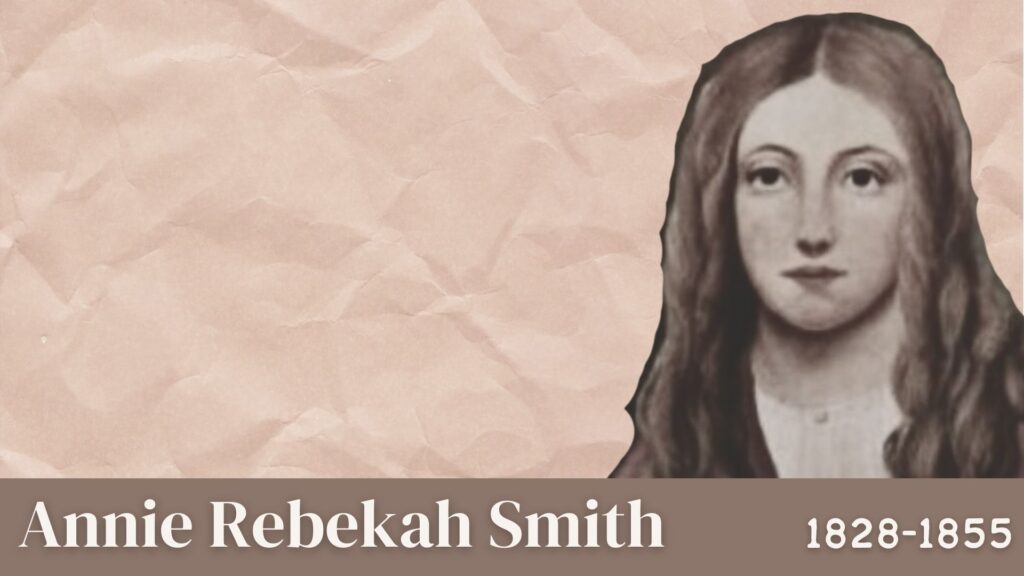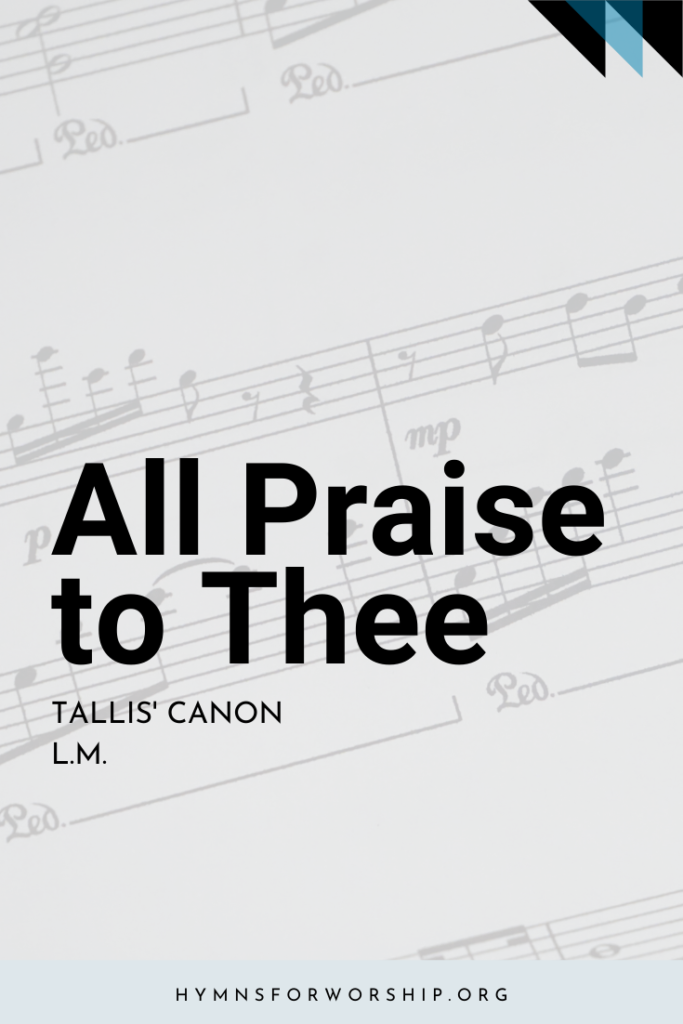JESUS CHRIST >> GLORY & PRAISE
SDAH 231
Blest be the King whose coming
Is in the name of God!
For Him let doors be opened,
No hearts against Him barred!
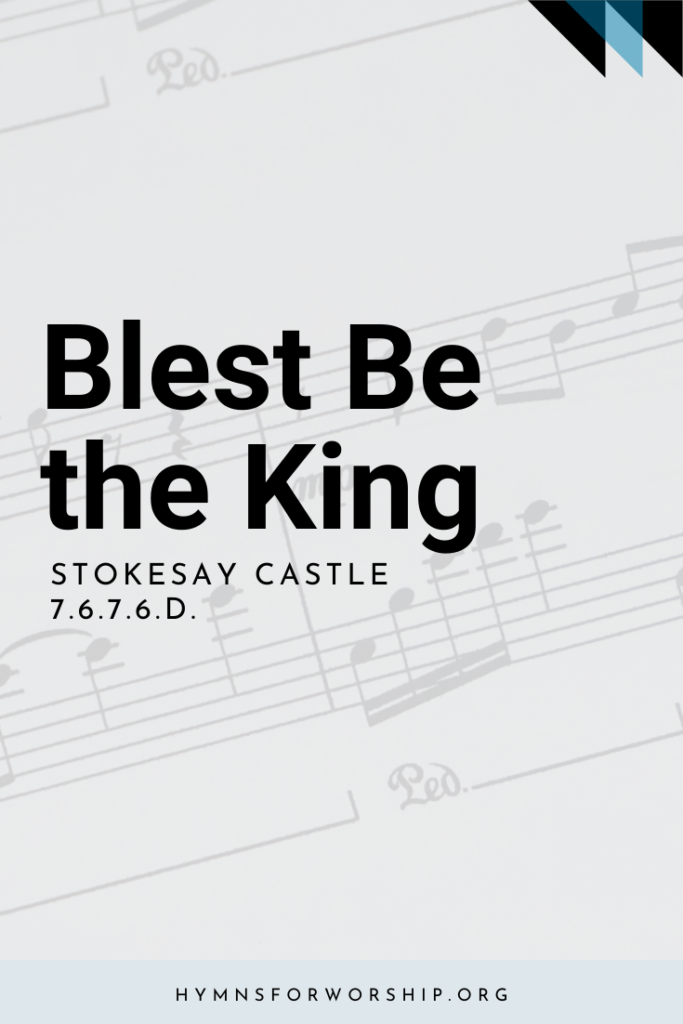

Text
1
Blest be the King whose coming
Is in the name of God!
For Him let doors be opened,
No hearts against Him barred!
Not robed in royal splendor,
In power and pomp comes He;
But clad as are the poorest,
Such His humility.
2
Blest be the King whose coming
Is in the name of God!
By those who truly listen
His voice is truly heard;
Pity the proud and haughty,
Who have not learned to heed
The Christ who is the promise,
Who has atonement made.
3
Blest be the King whose coming
Is in the name of God!
He only to the humble
Reveals the face of God.
All power is His, all glory!
All things are in His hand,
All ages and all peoples,
‘Till time itself shall end.
4
Blest be the King whose coming
Is in the name of God!
He offers to the burdened
The rest and grace they need.
Gentle is He and humble!
And light his Yoke shall be,
For He would have us bear it,
So He can made us free!

Hymn Info
Biblical Reference
(a) Mark 11:9, 10 (d) Matt 11:29
Author
Federico J. Pagura (1923-)
Translator
Fred Pratt Green (1903-2001)
Copyright
Words copyright 1974 by Hope Publishing Co., Carol Stream, IL 60188. All rights reserved. Used by permission. Music reproduced by permission of Novello & Company Limited.
Hymn Tune
STOKESAY CASTLE
Metrical Number
7.6.7.6.D.
Composer
Eric H. Thiman (1900-1975)
Alternate Tune
ST. THEODULPH SDAH 230
Hymn Score
Piano Accompaniment
Notes
Get to know the hymns a little deeper with the SDA Hymnal Companion. Use our song leader’s notes to engage your congregation in singing with understanding. Even better, involve kids in learning this hymn with our homeschooling materials.
Our lesson says, “The theme of redemption is one that angels desire to look into; it will be the science and the song of the redeemed throughout the ceaseless ages of eternity.” Christ redeeming grace gives us the opportunity to proclaim His love to everyone. (Lesson 11, 1st Quarter 2021 -Monday, High Thoughts and Ways, 3/8/2021
The Spanish language original of this hymn began “Bendito Rey que viene en el nombre del Senor!” (“Blessed is the king that comes in the name of the Lord”). The hymn is based on the account of Jesus’ triumphal entry into Jerusalem found in Mark 11:9, 10. The central thought of the translation by Fred Pratt Green (1903- ; see Biographies) is the humility of Jesus—not robed in royal splendor, but riding on a lowly donkey.
Federico Jose N. Pagura was born at Arroyo Seco, Santa Fe, Argentina, on February 9, 1923. In 1940 he graduated from the Normal School at Rosario, and in 1946 received his B.TH.at Evangelical Faculty of Theology, Buenos Aires. Graduate degrees were earned at Union Theological Seminary, New York, 1949; and at Claremont School of Theology, California, 1969. Ordained a Methodist minister in Argentina in 1950, he served 19 years as a pastor and district superintendent, then for four years as bishop of the Methodist Church in Costa Rica and Panama. Positions of responsibility have included president of the Latin American Council of Churches; copresident of the Ecuminical Movement of Human Rights in Argentina; and membership on the Board of World Mission and Evangelism, World Council of Churches. In addition to articles and booklets, he authored the ABC of Biblical Doctrine and has written and translated many hymns. In 1983 DePauw University in Indiana awarded him an honorary Doctor of Humanities. Since 1977 Pagura has been bishop of the Evangelical Methodist Church of Argentina.
STOKESAY CASTLE was originally composed for another text to be printed in Novello’s Sunday School Leaflet series in 1923, but the author’s widow refused permission, and it was set to “Stand Up, Stand Up For Jesus.” The first hymnbook to include the tune was Congregational Praise, 1953, for which Thiman was chairman of the music committee and furnished 16 original hymns tunes and eight descants. Born in Ashford, Kent, England, on September 12, 1900, Eric Harding Thiman went to Caterham School and the Guildhall School of Music. At age 21 he became a Fellow of the Royal College of Organists, and at 27 he earned the D. Mus. Degree from the University of London. For most of his life he was professor of harmony at the Royal Academy of Music; in addition, beginning in 1922 he served as organist at the Congregationalist Park Chapel, Crouch End London. He was much in demand as a recitalist and respected as an adjudicator at music festivals. He was appointed examiner in music for the University of London in 1952, and in 1956 dean of the faculty there. From 1957 to 1975 he was organist at the City Temple, London.
Publications include a large volume of anthems, part-songs, cantatas and organ works, including Varied Harmonies to Thirty-Four Well-known Hymn Tunes (Oxford University Press). In 1953 he was the only non-Anglican on the Council of the Royal College of Organists. Eric Thiman was the first prominent composer among English Congregationalists. His work in the Free Church Choir Union (those outside the Church of England) was very influential in upgrading the quality of church music in these communions. His music is always well-crafted, using conventional materials with a dash here and there of adventuresome harmony. He died in Camden, London, on February 13, 1975.
from Companion to the Seventh-day Adventist Hymnal by Wayne Hooper and Edward E. White

